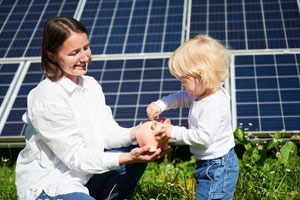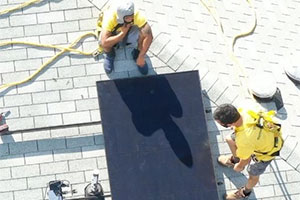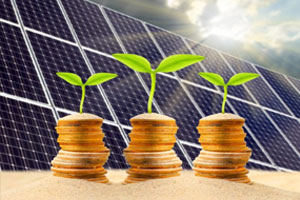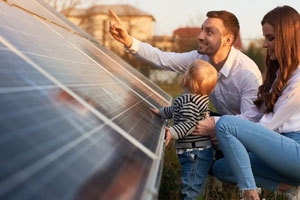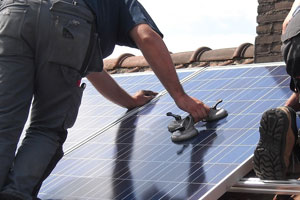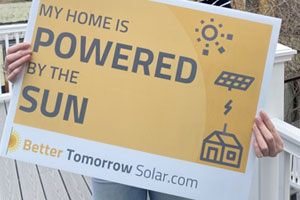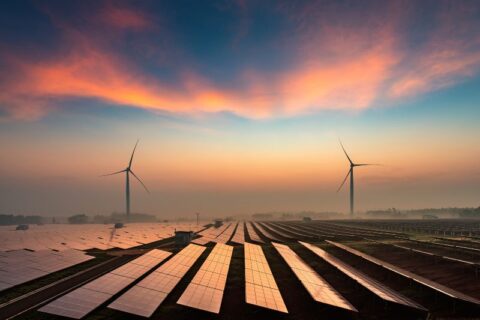How Long Do Solar Panels Last?
Renewable energy solar panels are no longer an expensive, exotic luxury good. They’re now a part of the toolkit that all utilities and governments use to give themselves some breathing room in an era where solar power’s prices keep dropping lower and lower, creating even more incentive for people to install solar panels.
The question of how long solar panels last has become more important as the cost of installing solar power systems has decreased. For homeowners thinking about installing a solar system, or for those who already have one, the question is how long do solar panels last?
Factors that Impact Solar Panel Lifespan
While many variables can influence the lifespan of a solar panel, the majority of them will still be making at least some electricity for your home decades into the future. After 25 years, however, it is likely that they will begin to produce less power and may need to be replaced. Choosing a system with high-efficiency panels and smart power inverters is a good idea because it can reduce maintenance and maximize value throughout their life spans. Factors that influence your solar panels’ effectiveness include:
Sunlight
As solar panels receive more direct sunlight, they produce more electricity and last longer. The location of your solar panels is key in both the performance and the long-term health of your system. Extreme heat will lessen the energy production of your system. A reputable solar panel installer will understand the best way to locate your panels so that the panels can sustain proper airflow and operating temperatures.
Degradation Rate
Solar panels will naturally degrade over time depending on the product’s degradation rate. Solar panels that have lower degradation rates will create more energy over their lifespan. These rates are determined by brand and quality as well as climate and panel installation orientation.
Orientation
Solar panels can be mounted to optimize their performance and lifespan. A properly mounted solar panel system will augment the efficiency and longevity of your product. South-facing installation can help ensure your panels receive the greatest solar exposure all day.
Excess Heat Exposure
While sunlight is key for your system to perform at its best, excessively hot temperatures can damage your system. This can be avoided by ensuring that your panels are receiving adequate airflow and that they are positioned in a way that will keep temperatures where they need to be.
Weather
Solar panels are constructed to withstand hurricane-force winds, hail, and rain. However, impact damage from falling debris or heavy snowfall can reduce the structures and trigger early degradation.
Poor Installation
Partner with only the best solar engineers when installing a new solar panel system to get the most out of your residential solar panels. The condition of your roof as well as the positioning of the panels could impact your results. Investing in high-quality solar panels will ensure your purchase is free from defects and quality issues.
Reduce your family’s carbon impact while saving money on your monthly energy bill by going solar today! Solar is an upfront investment that pays for itself while giving you greater peace of mind that your household is ready for the unexpected. Contact Better Tomorrow Solar to get your free quote today!
